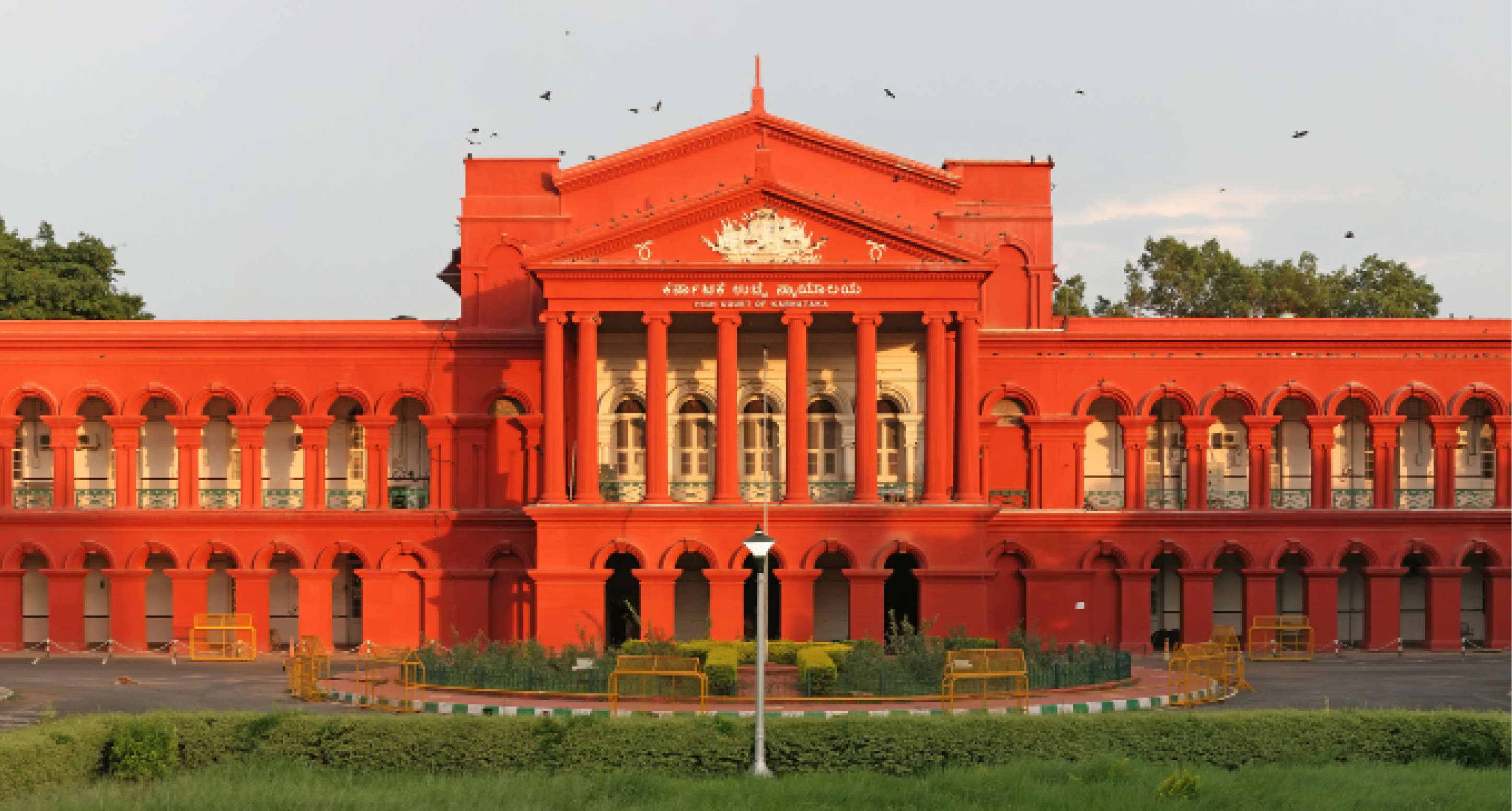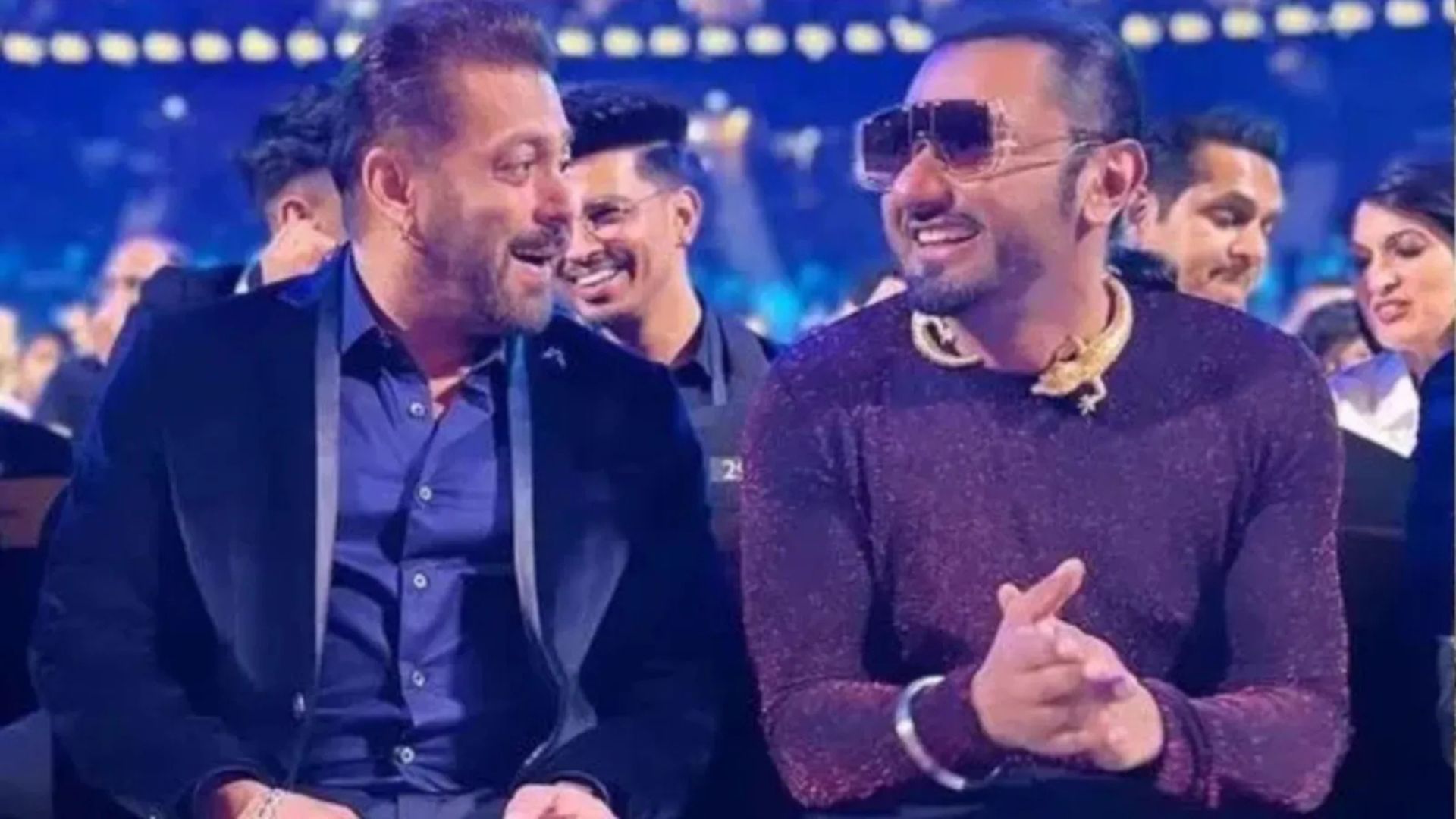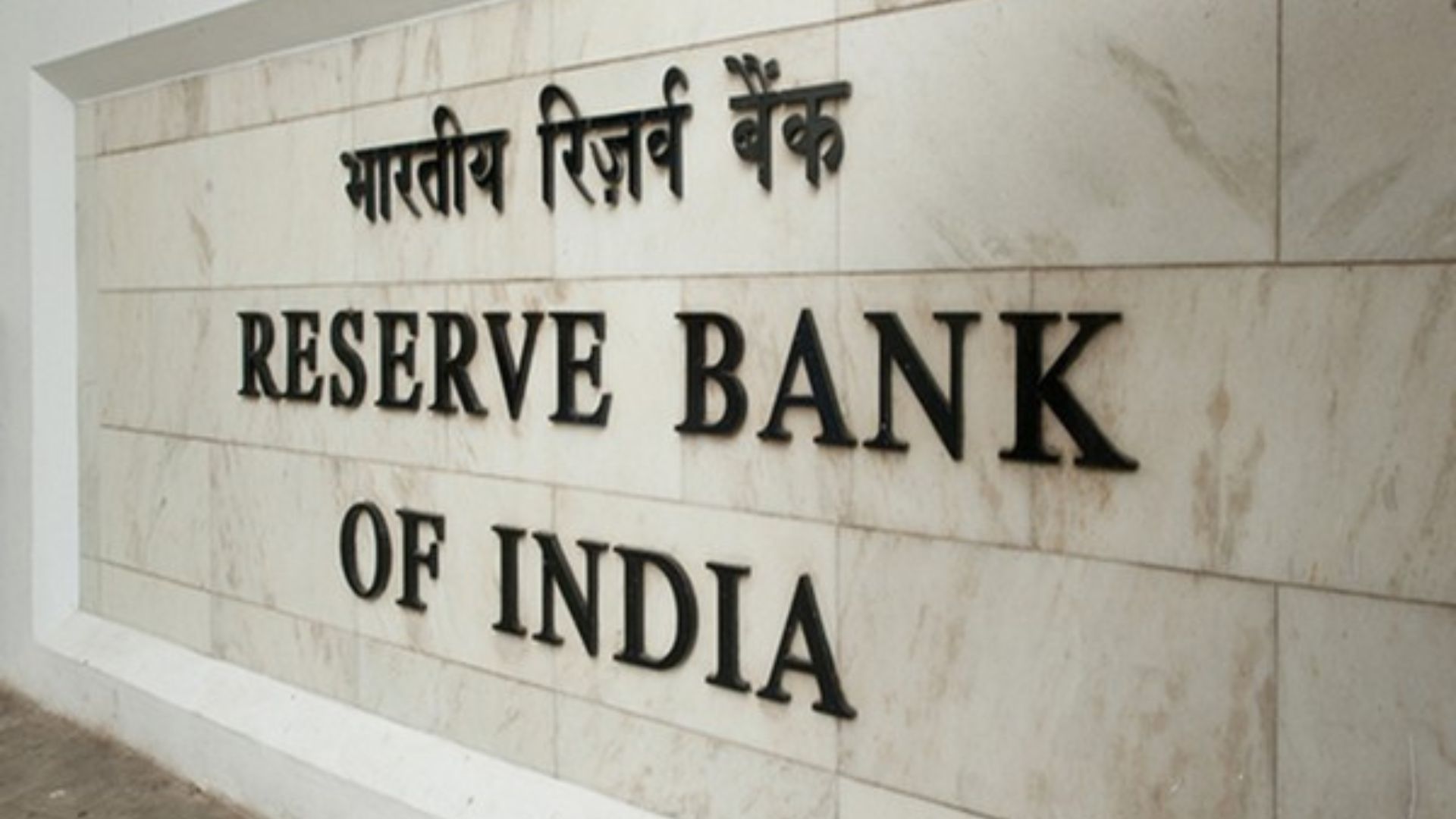By all accounts, it is most refreshing, most reassuring and most reinvigorating to learn that none other than the Karnataka High Court itself in a most learned, laudable, landmark and latest judgment titled X vs State in WP No. 27563 of 2023 and cited in Neutral Citation No.: NC: 2023:KHC:45180 that was pronounced as recently as on December 12, 2023 issued most commendable directions to ensure that the rape victims are promptly made aware of their rights to terminate pregnancies that culminate from rape so that they are not later forced to approach courts for permission to get an abortion at a belated stage of the pregnancy. It must be disclosed here that the Single Judge Bench comprising of Hon’ble Mr Justice Suraj Govindaraj had issued these most commendable directions while allowing termination of 24-week-old pregnancy of a 17-year-old rape victim. It also deserves mentioning that the Bench took note of the most distinguishing fact that the father of the rape victim would not have had to approach the High Court if rape victims were well informed about their abortion rights. The Court added that this was a larger issue. What must be noted is that the Court proceeded to allow the abortion plea before it, after noting that the continuation of the pregnancy would affect the minor’s future prospects and her mental and physical well being. Very rightly so! At the very outset, we see that this brief, brilliant, bold and balanced judgment authored by the Single Judge Bench comprising of Hon’ble Mr Justice Suraj Govindaraj of Karnataka High Court at Bengaluru sets the ball in motion by first and foremost listing in para 1 the relief sought by the petitioner which I am not mentioning for paucity of space! Most significantly, I would like to mention the key directions that have been passed to ensure that the rape victims are promptly made aware of their right to abort pregnancy encapsulated in para 11 wherein it is postulated that, “There are several cases of minor pregnancy which are being reported arising out of alleged sexual offences in pursuance of which FIRs have been registered and prosecution initiated. It is only subsequent to the filing of FIR during the course of investigation and/or sometimes even much later that a wish or desire is expressed by the victim of such an offence for termination of the pregnancy caused out of such offence, for various reasons some of which have been put forth by the petitioner in the present matter. Most of the time, by a time such a wish is expressed the gestation period would have crossed 24 weeks which is the permissible period under the Medical Termination of Pregnancy Act, 1971 any delay thereafter would require permission to be obtained from this Court. Thereafter a Medical Board is constituted to ascertain whether such a procedure can be carried out or not and on the basis of the recommendation, orders are passed. During this entire period, there is severe mental trauma which is caused to the petitioner as also her family members which can well be avoided if at the time of registration of the FIR itself her rights as regards termination of medical pregnancy caused out of such sexual offences are conveyed to both the victim and her family. Thus, I am of the considered opinion that: i) Immediately on registration of a sexual offence under Section 376 of IPC or under the POSCO Act, a medical examination of the victim be made to ascertain amongst others if she is pregnant or not, if so the gestation period to be ascertained, the physical and mental status of the victim, the ability to undergo the medical termination of the pregnancy, any aggravating factors and/ or factors which will impinge upon the health and well being of the victim. ii) In the event of the victim is found to be pregnant, the Child Welfare Committee and/or District Child Protection Unit, as the case may be, is directed to be informed of the same by the Investigation officer, who in turn are directed to counsel/advice the victim and her family members of the legal options which are available like the continuance of the pregnancy and consequences thereof, the termination of the pregnancy, the process, procedure and consequences thereof etc.,. iii) Such counselling is to be carried out in a language known to the victim, if necessary, by making use of suitable translators. All questions asked by the victim and her family members are to be answered in a language known and understood by them so that there is no miscommunication. iv) In the event of Medical Termination of Pregnancy being carried out the tissue samples of the fetus to be sent to the Forensic Science laboratory for and DNA analysis, if possible to preserve additional samples for verification if required. v) Follow up checks to be done to ascertain the physical and mental well being of the victim. vi) The Director General of Police along with the Principal Secretary Health, Government of Karnataka, to get prepared a detailed Standard operating procedure by constituting such committee of experts as they deem fit, in respect of the above and circulate it amongst all investigating officers, Child Welfare Committees, District Child Protection Units, government hospitals, as also to make available training in this regards to all concerned. ii)The Legal services authority to take into account the surrounding factors and release such compensation as permissible to the victim and her family for her immediate requirements.” As we see, the Bench specifies in para 2 that, “The petitioner is a minor girl aged about 17 years represented by her father natural guardian. The petitioner is referred to as the victim and/or Ms.X in order to protect her privacy.” To put things in perspective, the Bench envisages in para 3 that, “The FIR and complaint in Crime No.391/2023 was registered on 26.11.2023 under Section 363 of IPC by the father/natural guardian of the petitioner apprehending that she had been kidnapped/ abducted. During the course of investigation, respondent No.2 police traced the petitioner. When she was traced, she revealed that the accused was a resident near to the house of the petitioner and he had firstly taken her to the deserted place and committed an act of sexual intercourse in the back seat of an auto while promising to marry her.” Further, the Bench while continuing in the same vein lays bare in para 4 stating that, “Thereafter, he took her away from her parents house and committed the act of sexual intercourse 4 to 5 times instructing the petitioner not to reveal the same to anyone. The petitioner’s menstrual cycle having stopped and the petitioner having done a pregnancy check using a pregnancy kit on 19.11.2023 which stood positive.” Furthermore, the Bench discloses in para 5 observing that, “At that time, the accused promised to marry the petitioner and it is at this stage that the petitioner while standing near the bus stand was secured by the police and thereafter, on conducting a ultrasound video diagnosis, it came to light that the petitioner is pregnant with live intra uterine fetus of 24 weeks + 2 days. Hence, the offences under 376 IPC, Section 5(l) and 6 of POSCO Act as also offences under Section 3(1)(w) (i) and (ii) and Section 3(2)(va) of the Scheduled Castes and Scheduled Tribes (Prevention of Atrocities) Act, 1989 have been added to the FIR.” As things stands, the Bench then hastens to add in para 6 stating aptly that, “In the meanwhile, the petitioner was hospitalized with respondent No.4 and the petitioner and her natural guardian father wishing to terminate her pregnancy and not wanting to continue with the birth of the child had requested the concerned doctors to terminate the pregnancy. However, the pregnancy having crossed 24 weeks and being beyond the limits prescribed under Rule 3B of Medical Termination of Pregnancy Rules, 2003, the petitioner was asked to approach this Court which the petitioner has done.” Do note, the Bench notes in para 7 that, “The petitioner being a minor studying in II PUC being of the opinion that if she were to continue with the pregnancy she would not be able to study and also that she would not be able to mingle in the society which would effect her both physically and psychologically is wanting to terminate the pregnancy. It is contended that the petitioner does not wish to continue the unwanted pregnancy which violate the integrity of her body and on account of going through severe mental trauma which would persist wishes to terminate her pregnancy. It is in that background that the petitioner has sought for the aforesaid reliefs.” Be it noted, the Bench notes in para 8 that, “This Court vide order dated 11.12.2023 constituted a Medical Board in terms of sub-Section [2C] of Section 3 of the Medical Termination of Pregnancy Act, 1971. The said Committee has submitted a report today stating that there would be no harm or injury which would be caused to the petitioner if the said procedure is performed. The basic parameters of the petitioner are stated to and found to be normal and the report further evidences that the pregnancy is 26 weeks.” Resultantly, we see that the Bench in the fitness of things then very sagaciously opines in para 9 that, “In view of the said report not indicating any contra indications and/or any aspect which may endanger the petitioner if Medical Termination Pregnancy procedure is resorted to, I am of the considered opinion that the said request can be favourably considered.” It is worth noting that the Bench notes in para 10 that, “The petitioner being of the tender age of 17 years, she would not be in a position to take care of the child when born and also taking into account that she is still studying and if she were to give birth it would affect her future prospects in both her studies and otherwise, she having come forward of course through her natural guardian father for safeguarding her reproductive choice, I am of the considered opinion that her wishes to terminate the pregnancy which has been apparently forced on her to the alleged sexual offences committed on her, I am of the considered opinion that the said request on this ground also would have to be considered favourably.” Finally and as a corollary, the Bench then concludes by holding in para 12 that, “In view of the above, I pass the following order:
ORDER
1. The petition is allowed.
2. Respondent No.4 is directed to carry out medical termination of pregnancy of the petitioner by taking all safeguards necessary.
3. On the termination of pregnancy, respondent No.4 shall collect the tissue samples of the fetus and preserve the same for the purpose of DNA analysis if any required or ordered by the Court seized of the POCSO matter.
4. A report as regards the procedure once completed to be filed on the file of this Court.
5. Though the above petition is disposed of, to report compliance of the directions in the body of the order, relist on 18.01.2024 at 2.30 p.m.”
In sum, we thus see that the Karnataka High Court has passed most commendable directions to ensure that rape victims are promptly made aware of the right to abort pregnancy. Such commendable directions must be implemented at the earliest. No denying it!













